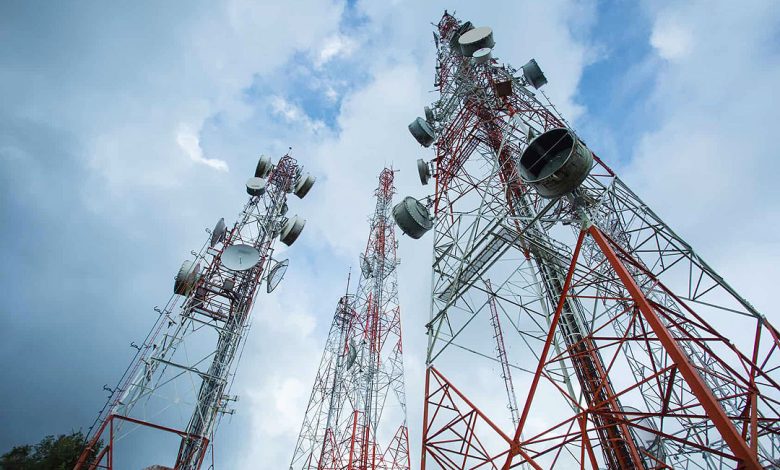Major PHL telcos: Spectrum fees ‘excessive’

By Arjay L. Balinbin, Senior Reporter
THE country’s major telecommunications services providers PLDT, Inc., its wireless arm Smart Communications, Inc., and Globe Telecom, Inc. said the spectrum fees are becoming excessive.
Spectrum user fees are collected annually from public telecommunications entities (PTEs), or those engaged in the provision of telecommunications services to the public for compensation.
“Currently, spectrum fees imposed on PTEs are becoming unreasonable and excessive,” Roy Cecil D. Ibay, Smart Communications vice-president for regulatory affairs, said in a statement to BusinessWorld on Monday, when asked to comment on the approval at the House of Representatives of House Bill 9851, or the “Zero Spectrum User Fee (SUF) for Telcos Using Wi-Fi Act.”
Mr. Ibay said that, similar to last year, PLDT and Smart would “most likely” end 2021 with around P2.4-billion expenditure on spectrum user fees.
“While PLDT and Smart thank the House for passing the subject Zero Wi-Fi spectrum fees bill, we also take this opportunity to reiterate our call for the reduction and/or rationalization of SUF for other spectrum/frequencies,” he added.
The proposed measure, which was approved by the House of Representatives and transmitted to the Senate on Sept. 22, seeks to adopt a license-free, zero SUF policy in line with “best international practices.”
It also aims to protect public interest by limiting the use of outdoor Wi-Fi frequency access points or base stations and links to the government and duly enfranchised public telecommunications entities.
Globe expects that this policy will increase public access to Wi-Fi technology and, eventually, lower the cost of telecoms services for the public.
“When spectrum prices are set too high, operators are likely to invest less in their networks, which impacts the quality, affordability, and reach of services,” Globe General Legal Counsel Froilan Vicente M. Castelo said in an e-mailed statement on Nov. 26.
“We have been actively pursuing the lowering of spectrum user fees with the NTC (National Telecommunications Commission) and Congress, since we believe that telecommunications is now an essential service that should be made more affordable for users,” he pointed out.
The SUF should be set at “modest levels” to cover only the regulator’s spectrum management costs, Mr. Ibay of Smart said.
“Increased demand from mobile users put a strain on networks, necessitating the use of more spectrum,” he noted. As a result, increased spectrum use leads to increased spectrum prices.
“Operators will struggle to make the significant investments required to support dense 4G (fourth-generation) and 5G (fifth-generation) networks,” he said.
PLDT and Smart want a uniform computation of SUF across all frequency bands.
“There appears to be no basis for creating a price differentiation among the various frequencies,” Mr. Ibay said.
NTC Deputy Commissioner Edgardo V. Cabarios has yet to respond to a request for comment as of press time.
Moody’s Investors Service also said on Monday that telcos in Asia’s emerging markets, which include the Philippines, are expected to face higher spectrum liabilities.
“[B]ut these essential costs are not subject to refinancing and have limited immediate impact on cash flows and liquidity,” it said in a report e-mailed to reporters.
It noted that the ratings of telcos in the emerging markets could tolerate increased deferred spectrum liabilities at current levels if these costs are the main driver of high debt or weaker leverage.
“Deferred spectrum liabilities are distinct from bank or capital market debt and are not subject to refinancing,” said Nidhi Dhruv, a Moody’s vice-president and senior analyst.
“Moreover, in exceptional circumstances, governments are likely to provide more payment buffers, which can alleviate cash flow pressure for some telcos.”
Globe said that while the telcos incur “massive and sustained capital outlay” for telecommunications infrastructure and pay costly spectrum fees, revenues per megahertz of spectrum is “declining.”
Hastings Holdings, Inc., a unit of PLDT Beneficial Trust Fund subsidiary MediaQuest Holdings, Inc., has a majority stake in BusinessWorld through the Philippine Star Group, which it controls.




